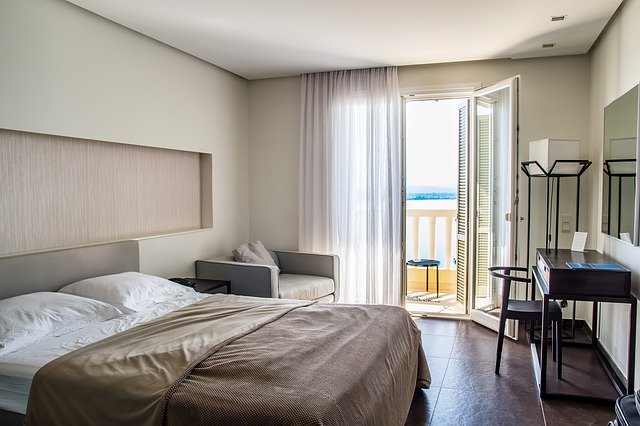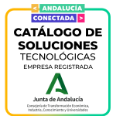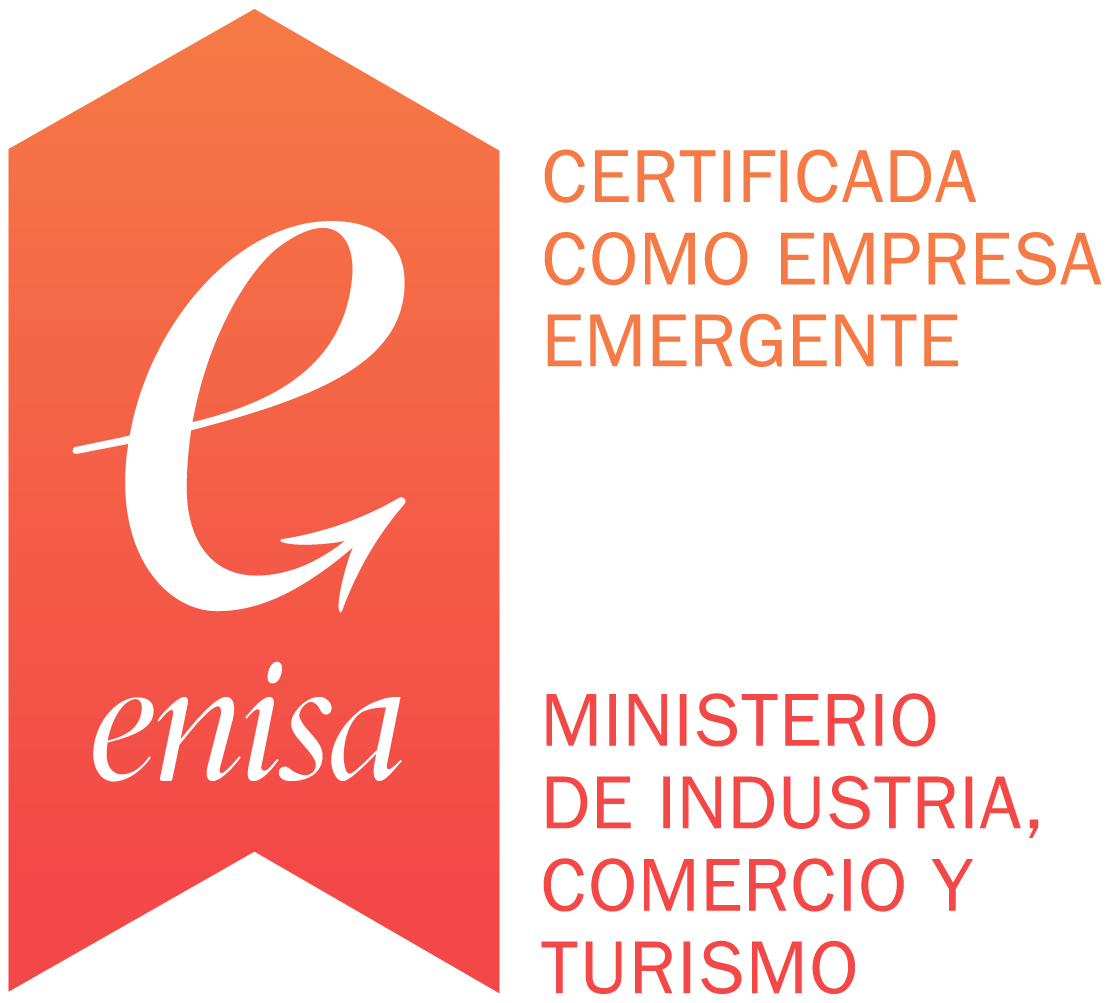The Secretariat of State for Tourism already has at its disposal the drafts of hygienic-sanitary measures for the reopening of eight tourism subsectors.
Each establishment develops its own contingency plan, complying with the minimum requirements for proper operation. A committee must be formed with the objective of defining strategies to minimize risks.
Maintaining a safe distance and extreme hygiene measures are the general rule that will be applied in each of the tourist accommodations. Another measure will be to determine the maximum capacity of the reception area and common areas, ensuring the protection of customers and employees.
Customers and suppliers must be informed of the measures that affect them, such as the use of masks, hand washing, safety distance, etc. To this end, the service conditions and preventive measures must be explained to the customer before confirming the reservation.
The following measures will affect hotels and tourist apartments, hostels, rural accommodations, tourist guides, spas, campsites, restaurants and travel agencies.
RECEPTION AREA
- Signs will have to be placed with all the indications and measures imposed to be followed by the clients. In addition, safety distance measures will be marked, as well as information on nearby health centers and hospitals.
- Determine the maximum capacity to be in the reception area, as well as to guarantee the distance between customer and employee.
- Encourage payment by credit card and other electronic means. If keys are used, they should be disinfected at the end of the stay.
- The reception area must have a hydroalcoholic solution.
- It is advisable to place disinfectant mats.
- To have a non-contact thermometer to be able to check those clients who present symptoms.
- Staff should avoid tampering with customers' cars in valet parking.
FOOD COURT
- As a general measure: customer handling is reduced. In the case of buffets, mechanisms such as the assisted buffet with protective screen should be implemented.
- Eliminate commonly used objects such as salt shakers, beverage machines, etc.
- The establishment must avoid crowds, so it is advisable to create an itinerary.
- In room service, the employee must use protective equipment such as gloves and mask, in addition to keeping a distance and having the equipment previously disinfected.
- Define process for waste removal
ROOMS
- The reduction of textiles, decorative objects, etc. should be analyzed. The bathroom wastebasket should have a lid, double bag and non-manual operation.
- Disinfect the hair dryer and hangers.
- Limit the ironing service.
- Remove the wastebasket from the room.
- Avoid providing minibar service.
- Keep blankets and pillows in closets protected.
COMMON AREAS
- Special attention to cleaning and disinfection of common areas. Availability of hydroalcoholic solutions and delimitation of capacity.
- Restrooms should have paper towels or hand dryers. Avoid towels.
- Non-manual opening waste garbage cans with double bag.
GYMNASTICS
- Delimit the photo with safety distance.
- Ensure space in group classes. Establish a period of activity between sessions to clean and disinfect.
- Removal of common elements such as weights, dumbbells, etc.
- Disinfection of machines after use by customers.
LIFTS
- Determine the maximum capacity.
- Do not share between people from different family units, unless a mask is used.
POOLS
- Guidelines and recommendations will be determined according to the requested scientific report on Covid-19 behavior in swimming pool water.
CHILDREN'S PLAYGROUND
- Increase the frequency of cleaning and disinfection in these areas.
- Persons responsible for the care of the children will be responsible for high personal hygiene with frequent hand disinfection.
EVENTS
- Define the areas in which the event can be held. Control capacity and respect the safety distance throughout the event. If you cannot be sure, you must wear a mask.
- The space should be ventilated two hours before the event and the distribution of material in meetings (paper, pens, water, etc.) should be evaluated.
CLEANING
- Increased cleaning frequencies.
- Daily ventilation of common areas.
- Safe use of disinfectant cleaning products.
- Disinfect cleaning trolleys after daily use.
- Specifically contemplate airing, replacement of towels and bed linen.
- Special attention should be paid to the cleaning of walls, floors, ceilings, mirrors and windows, furniture, equipment and decorative and functional elements.
LABOR PERSONNEL
- If shifts exist, they should be planned in such a way that the same employees are concentrated in the same groups.
- Provide adequate personal protective equipment.
- Implement a schedule control protocol that avoids the use of the same element by all employees. It is advisable to disinfect after each use with a hydroalcoholic solution.
- Establish the cleaning policy (process and frequency of laundering) of the personnel's uniform.
- Wear a mask at the work station as determined.
- Disinfect objects for personal use.
- Increase meal shifts for staff to avoid overcrowding.
- Post signs informing about the use of hand washing.
- Street clothes should be stored in plastic bags.






